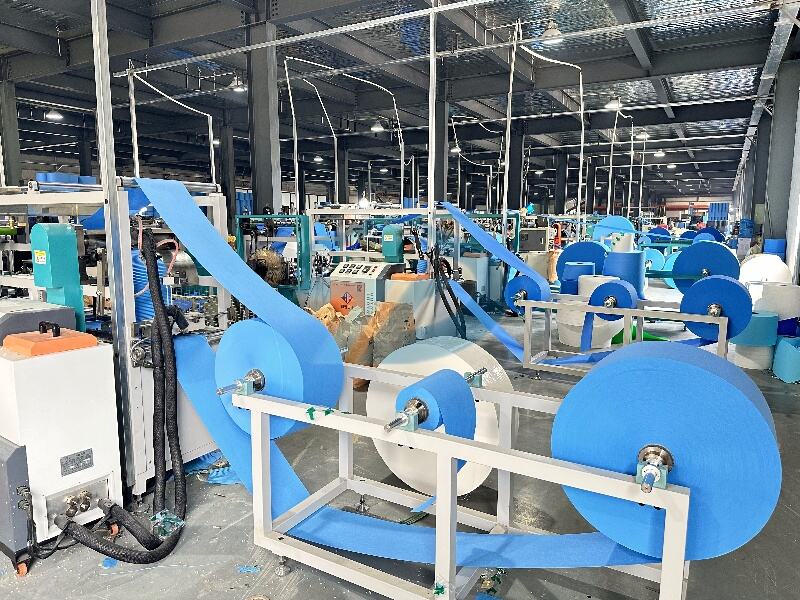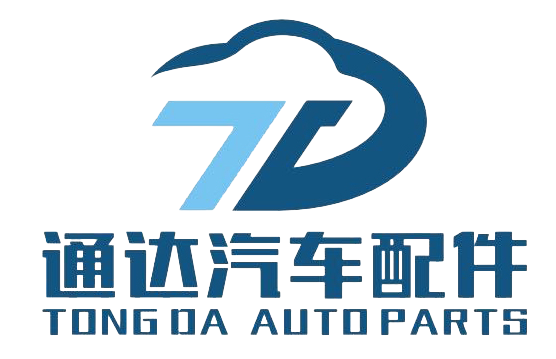Как да намалим производствените разходи за интелигентни филтри България
**How to reduce manufacturing costs for intelligent filters**
In today's fiercely competitive market environment, reducing costs is an important means to enhance product competitiveness and expand market share. As an important component of modern industry and life, the reduction of manufacturing costs for intelligent filters is of great significance for improving product cost-effectiveness and meeting diversified consumer needs. This article will explore in depth how intelligent filters can effectively reduce manufacturing costs from the aspects of optimized design, material selection, production processes, economies of scale, and intelligent technology applications.
1、 Optimize design to reduce manufacturing costs
Optimizing design is the primary way to reduce the manufacturing cost of intelligent filters. Through advanced technologies such as computer-aided design (CAD) and computer-aided engineering (CAE), precise calculation and optimization of the structure, materials, dimensions, etc. of the filter can effectively reduce material waste and improve production efficiency. For example, through fluid dynamics simulation analysis, the internal structure of the filter can be optimized to meet the filtering performance while reducing fluid resistance and energy consumption. In addition, modular design is also an effective method to reduce manufacturing costs. Through modular design, standardization and generalization of filter components can be achieved, reducing the time for changeover and debugging in the production process and improving production efficiency.

2、 Material selection reduces manufacturing costs
The material cost accounts for a significant proportion of the manufacturing cost of the filter. Choosing materials with high cost-effectiveness is crucial for reducing the manufacturing cost of filters. In the selection of materials for intelligent filters, attention should be paid to factors such as material performance, cost, environmental friendliness, and recyclability. By comparing and analyzing the performance and cost of different materials, select high-quality materials that can meet the performance requirements of the filter and reduce costs. Meanwhile, emphasizing the environmental friendliness and recyclability of materials not only helps to reduce production costs, but also enhances the social image of the enterprise.
3、 Optimizing production processes to reduce manufacturing costs
The optimization of production processes is of great significance for reducing the manufacturing cost of intelligent filters. By introducing advanced production equipment and processes such as automated production lines, precision machining equipment, laser welding technology, etc., production efficiency can be improved and labor costs can be reduced. In addition, optimizing the production process to reduce waste and losses is also an effective way to lower manufacturing costs. For example, by implementing lean production, each link in the production process is finely managed to reduce unnecessary inventory and waiting time, and improve production efficiency and resource utilization.
4、 Scale effect reduces manufacturing costs
Scale effect is an important factor in reducing the manufacturing cost of intelligent filters. By expanding the production scale, it is possible to achieve the sharing and reduction of production costs. With the expansion of production scale, the allocation of fixed costs such as equipment depreciation and factory rent per unit product will decrease, thereby reducing the manufacturing cost per unit product. Meanwhile, large-scale production helps to improve production efficiency and product quality, further reducing manufacturing costs. Therefore, intelligent filter manufacturers should focus on market development and capacity expansion to reduce manufacturing costs through economies of scale.

5、 Application of intelligent technology reduces manufacturing costs
The application of intelligent technology is an important means to reduce the manufacturing cost of intelligent filters. By introducing advanced technologies such as the Internet of Things, big data, and artificial intelligence, intelligent management and control of the filter production process can be achieved. For example, through IoT technology, remote monitoring and fault warning of production equipment can be achieved, reducing equipment downtime and improving equipment utilization; Through big data technology, deep mining and analysis of production data are conducted to identify bottlenecks and waste in the production process, providing decision support for optimizing production; Through artificial intelligence technology, automation and intelligent control of the production process can be achieved, reducing manual intervention and improving production efficiency and product quality.
In summary, through measures such as optimizing design, material selection, production process optimization, economies of scale, and intelligent technology application, intelligent filter manufacturers can effectively reduce manufacturing costs and enhance product competitiveness. However, reducing manufacturing costs is not achieved overnight, and requires continuous investment and innovation from enterprises, constantly optimizing production processes and management models to adapt to market changes and changes in consumer demand. Only in this way can intelligent filters stand undefeated in fierce market competition and achieve sustainable development.

 EN
EN







































